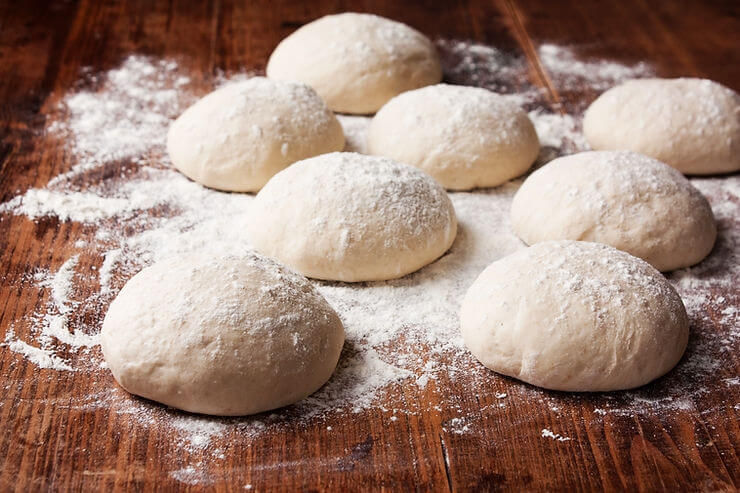Dough conditioners are a type of ingredient added to bread and other baked goods to improve their quality, texture, and shelf life. These additives are used to enhance the dough’s elasticity, increase its ability to retain gas, and improve the mixing and processing properties of the dough. In this article, we will explore the role of dough conditioners in commercial baking and how they work.
What are dough conditioners?
Dough conditioners are food additives that are added to bread and other baked goods to improve their quality, texture, and shelf life. They are often used in commercial baking to help reduce processing time, increase yield, and maintain consistency in the final product. Dough conditioners can be derived from various sources, including enzymes, oxidizing agents, and emulsifiers.
How do dough conditioners work?
Dough conditioners work by modifying the gluten structure in the dough, which improves its ability to retain gas and increase volume during the baking process. They can also improve dough elasticity and reduce the time required for mixing and processing.
One common dough conditioner is ascorbic acid (vitamin C), which oxidizes the dough and strengthens the gluten structure. Other oxidizing agents such as potassium bromate and potassium iodate can also be used as dough conditioners, but their use is restricted or prohibited in some countries due to potential health concerns.
Enzymes, such as amylase and protease, can also be used as dough conditioners to improve dough handling properties and increase volume. Emulsifiers like lecithin or mono- and diglycerides can improve dough handling properties, reduce mixing time and produce a softer crumb.
Creativity & Innovation
The use of dough conditioners can provide several benefits in commercial baking, including:
Improved dough handling: Dough conditioners can improve the elasticity of the dough, making it easier to handle and shape. This can reduce processing time and labor costs.
Increased volume: Dough conditioners can improve the dough’s ability to retain gas, resulting in a higher volume of the final product.
Extended shelf life: Dough conditioners can improve the bread’s texture and freshness, extending its shelf life and reducing waste.
Improved consistency: The use of dough conditioners can help maintain consistency in the final product, regardless of variables such as temperature, humidity, or flour quality.
Are dough conditioners safe?
Dough conditioners are considered safe for consumption when used in appropriate quantities and in compliance with food safety regulations. However, some people may have sensitivities or allergies to certain types of dough conditioners, and the use of certain oxidizing agents as dough conditioners is banned or restricted in some countries due to potential health concerns.
In conclusion, dough conditioners play an important role in commercial baking, improving dough handling properties, increasing volume, extending shelf life, and maintaining consistency in the final product. While the use of dough conditioners is generally considered safe, it is important to comply with food safety regulations and be aware of any potential sensitivities or allergies to specific ingredients.
